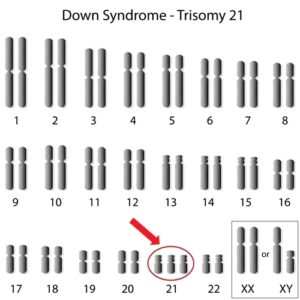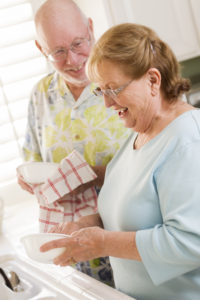
Bettering Your Service Outcomes Through Dementia Education
The investment of educating professional healthcare providers will improve the results of the services you deliver to your clients living with dementia. The Workforce Development Workgroup researched and wrote Workforce Gaps in Dementia Education and Training in 2017, as part of the National Research Summit: Building Evidence for Services and Supports on Dementia Care, supports this. The number of people living with dementia continue to grow despite all the research and treatment trials. We are facing an epidemic that is forcing families to make hard decisions regarding care for their loved one. In most cases, institutionalization is the last option
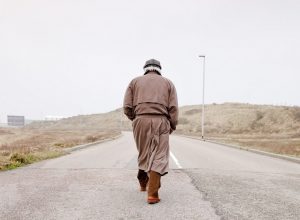
Are You Prepared When Your Loved One Gets Lost?
According to the Alzheimer’s Association, the statistic is that 6 in 10 people who live with Alzheimer’s or other dementia, will wander from the safety of their familiar home environment. In my experience, the risk is closer to 8 in 10 people. A common factor in not preparing, is the caregiver rejecting the idea that his or her loved one is capable of leaving; nor, has the desire to leave. No one can predict when, where, or how, so why not take steps to prevent it? The person living with dementia always has a goal which drives them from the
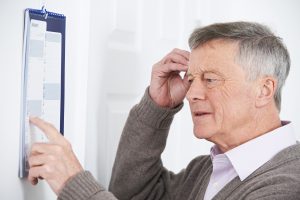
Reality Orientation… Good or Bad?
When researching reality orientation therapy, there is plenty out there to support that there is benefit to the therapy. Reality orientation is providing the person living with dementia reminders, tools, and constant correction to reorient to the reality that we live in. If it’s Wednesday, and the person living with dementia believes it is Sunday, reality orientation would include correcting the person, showing them a calendar, and other devices to prove that it is Wednesday. Some believe reality orientation will improve a person’s cognitive functioning, jog the memory, and stunt cognitive decline. The alternative to reality orientation therapy is validation
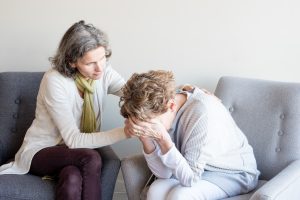
Home Is Where The Heart Is
“I want to go home” is a very common statement expressed by a person living with Alzheimer’s or other dementia usually voiced later in the disease process. We need to first understand the reason behind the statement. Finding out the “why” will allow us to better know how to respond. Home is where most of us are most comfortable and content. We find ourselves feeling safe, secure, and accepted. Home is where we belong. A person living with Alzheimer’s eventually does not know where home is. At this point, when the person is asking to go home, what is it

Bathing… The Ultimate Battle
How can you change the inevitable protest of bathing? Personal and professional caregivers for those living with dementia report their biggest challenge is assisting the person with bathing. A daughter once came to me with tears in her eyes stating, “I can’t do this anymore.” She went on to explain the difficulty she experiences when attempting to assist her mother with bathing. Every attempt resulted in yelling, arguing, and crying. This was obviously a traumatic experience for both. In order to understand the whole situation, I visited the home. I looked at the physical space of the bathroom and evaluated

Understanding my loved one with Alzheimer’s during the chaos of the holidays
The holiday season is a difficult time for many people, especially, if you are caring for a loved one with Alzheimer’s disease. The usual stressors include, financial hardships, family engagement with challenging dynamics, triggers of significant loss, travel complexities, meeting our family expectations and traditions, etc. These stressors are significantly heightened for your loved one with Alzheimer’s. In order to create moments of pleasure and enjoyment during this stressful time, it is helpful to have some understanding of what your loved one is feeling. You, as the caregiver, are the person who affirms the feelings of safety and security

